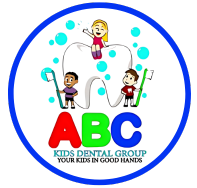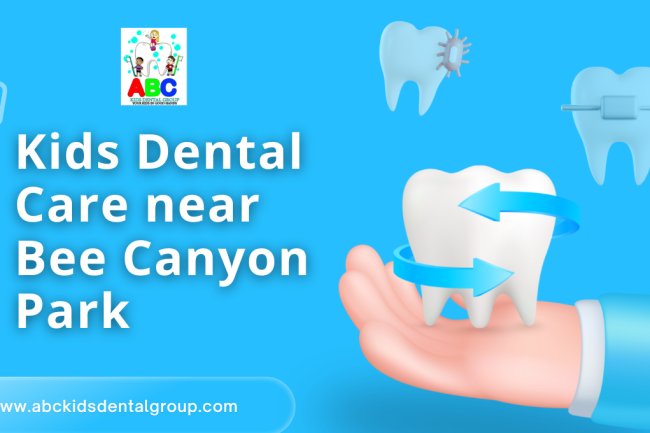The Importance of Dental Care: Tips for a Healthy Smile
A comprehensive guide to the importance of dental care and practical tips for maintaining a healthy smile. Learn about the benefits of regular brushing, flossing, and dental check-ups, as well as how diet and lifestyle choices impact oral health. Whether you're looking for advice on preventing tooth decay, caring for gums, or maintaining dental health with braces, this blog covers everything you need to know for a bright and healthy smile.

The Importance of Dental Care: Tips for a Healthy Smile
A bright and healthy smile is one of the most attractive features a person can have. It radiates confidence and positivity, making a lasting impression on those around us. But achieving and maintaining a healthy smile requires more than just regular brushing. Good dental care is essential for overall health and well-being. In this blog, we'll explore why dental care is so important and provide tips to help you maintain a healthy smile.
Why Dental Care Matters
-
Prevents Tooth Decay and Gum Disease: Regular dental care helps prevent common oral health issues like tooth decay and gum disease. Brushing, flossing, and regular dental check-ups remove plaque and tartar buildup, which can lead to cavities and gingivitis.
-
Promotes Overall Health: Poor oral health can contribute to various health problems, including heart disease, diabetes, and respiratory infections. Keeping your mouth healthy can lower your risk of developing these conditions.
-
Boosts Self-Confidence: A clean and healthy smile can boost your self-esteem and confidence. Knowing that your teeth and gums are in good shape makes it easier to smile and interact with others.
-
Avoids Pain and Discomfort: Toothaches, sensitive gums, and oral infections can cause significant pain and discomfort. Good dental care can help you avoid these issues and maintain a pain-free mouth.
Essential Tips for Dental Care
-
Brush Twice a Day: Brushing your teeth twice a day, in the morning and before bed, is crucial for removing food particles and plaque. Use a fluoride toothpaste and a soft-bristled toothbrush to clean all surfaces of your teeth.
-
Floss Daily: Flossing removes food particles and plaque from between your teeth and under the gumline, where a toothbrush can't reach. Make it a daily habit to prevent cavities and gum disease.
-
Use Mouthwash: An antimicrobial mouthwash can help reduce plaque and prevent gum disease. It also helps freshen your breath and reach areas in the mouth that brushing and flossing may miss.
-
Maintain a Healthy Diet: A diet high in sugars and acidic foods can lead to tooth decay and enamel erosion. Opt for a balanced diet rich in fruits, vegetables, lean proteins, and dairy products that promote strong teeth and gums.
-
Avoid Tobacco and Limit Alcohol: Smoking and excessive alcohol consumption can lead to serious oral health problems, including gum disease, tooth loss, and oral cancer. Avoiding tobacco and limiting alcohol can significantly improve your dental health.
-
Stay Hydrated: Drinking plenty of water throughout the day helps wash away food particles and bacteria, keeping your mouth clean and reducing the risk of tooth decay and gum disease.
-
Visit Your Dentist Regularly: Regular dental check-ups and cleanings are essential for maintaining good oral health. Dentists can identify and treat issues before they become serious, and professional cleanings can remove tartar buildup that brushing alone can't.
Special Dental Care Considerations
-
For Children: Instilling good dental habits early on is crucial for lifelong oral health. Encourage kids to brush and floss daily, and take them to the dentist regularly for check-ups.
-
For Seniors: Older adults may face unique dental challenges, such as dry mouth, tooth loss, and gum disease. Maintaining a good oral hygiene routine and regular dental visits are especially important.
-
For People with Braces: Braces can make cleaning teeth more challenging. Use special tools like interdental brushes and floss threaders to clean around brackets and wires effectively.
What's Your Reaction?























